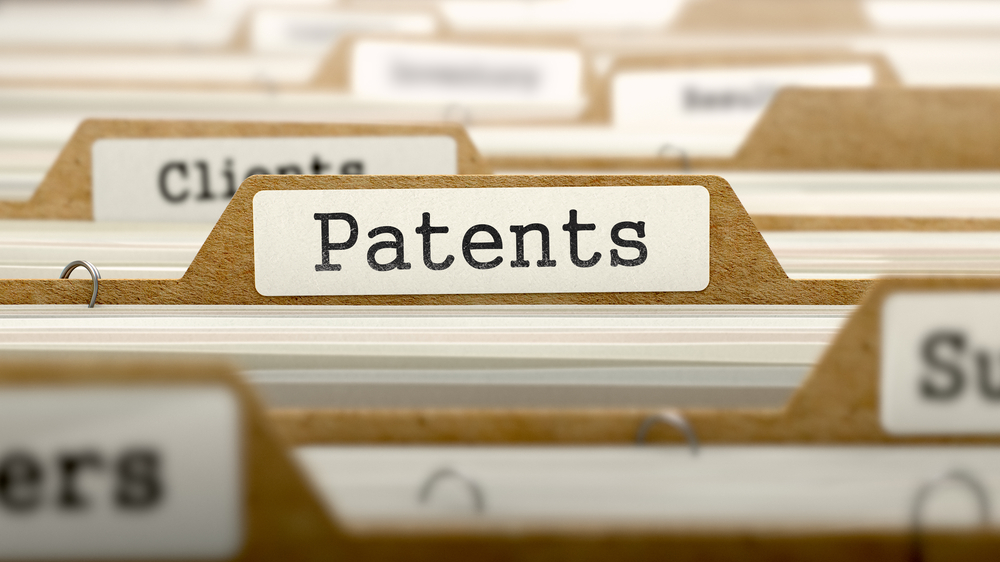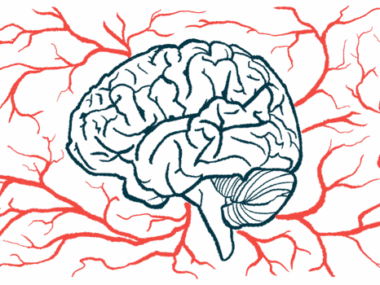Anavex 2-73 Earns U.S. Patent for Neurodevelopmental Disorders, Including Rett Syndrome
Written by |

The United States Patent and Trademark Office (USPTO) granted a patent to Anavex Life Sciences covering Anavex 2-73 (blarcamesine) as a potential therapy for neurodevelopmental disorders, including Rett syndrome.
The patent (No. 10,507,196) is valid until at least 2037 and also covers methods of treatment based on Anavex 2-73 for other disorders including multiple sclerosis, Angelman syndrome, cerebral palsy, and autism spectrum disorders.
“This new issuance of the U.S. patent continues to expand the breadth and depth of our intellectual property and is another step in the development of a robust patent portfolio relating to Anavex 2-73,” Christopher U. Missling, PhD, Anavex’s president and CEO, said in a press release. “We are extremely pleased with the continued development of the patent portfolio for Anavex 2-73.”
Anavex 2-73 is an investigational oral therapy that works through the activation of the sigma-1 receptor (S1R), a protein involved in the correct folding of other proteins.
By activating S1R, Anavex 2-73 is intended to promote reduced toxic accumulation of misfolded (altered shape) proteins in nerve cells, less dysfunction in mitochondria (which provide energy to cells), as well as decreased oxidative damage and neuroinflammation — all involved in Rett syndrome.
Notably, oxidative stress is an imbalance between the production of free radicals — potentially harmful molecules associated with several diseases — and the generation of antioxidant defenses.
Preclinical work in a mouse model of Rett showed that treatment with Anavex 2-73 improved motor skills, acoustic responses, visual acuity, and breathing.
These positive data supported the Phase 2 clinical program of Anavex 2-73 in people with the disorder, which currently comprises two ongoing studies in the U.S. (RS-001, NCT03758924) and in Australia (AVATAR, NCT03941444). Together, these trials will include up to 51 women with Rett (up to age 45). The RS-001 study is still enrolling; more information on contacts and recruitment can be found here.
Preliminary results from the first six participants in this trial showed that the therapy was well-tolerated and eased symptoms of Rett syndrome significantly. These benefits were associated with meaningful changes in blood levels of Rett’s biomarkers.
In addition, an international clinical trial called EXCELLENCE — designed to compare the safety and effectiveness of Anavex 2-73 to a placebo in about 69 children and adolescents (ages 5–18) with Rett – also is scheduled to begin early this year.
EXCELLENCE is expected to open in Australia in the coming months, followed by additional sites globally. More information is available here.
The U.S. Food and Drug Administration (FDA) granted orphan drug and rare pediatric disease designations to Anavex 2-73 for treating Rett syndrome.
In Europe, the Committee for Orphan Medicinal Products, an arm of the European Medicines Agency, has recommended orphan drug status from the European Commission.
These designations are intended to accelerate Anavex-2-73’s development and review, by providing regulatory support and financial benefits, and to ensure marketing exclusivity for a period of time upon approval.
Anavex also is exploring the therapy’s potential in Parkinson’s and Alzheimer’s diseases and has received a U.S. patent (No. 10,426,754) covering treatment of Alzheimer’s with Anavex 2-73.
Studies in animal models of other diseases suggest, according to the company, that the experimental therapy also may have neuroprotective, anticonvulsant, anti-amnesic, and anti-depressant effects, supporting its therapeutic potential beyond Rett.





